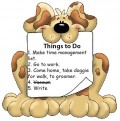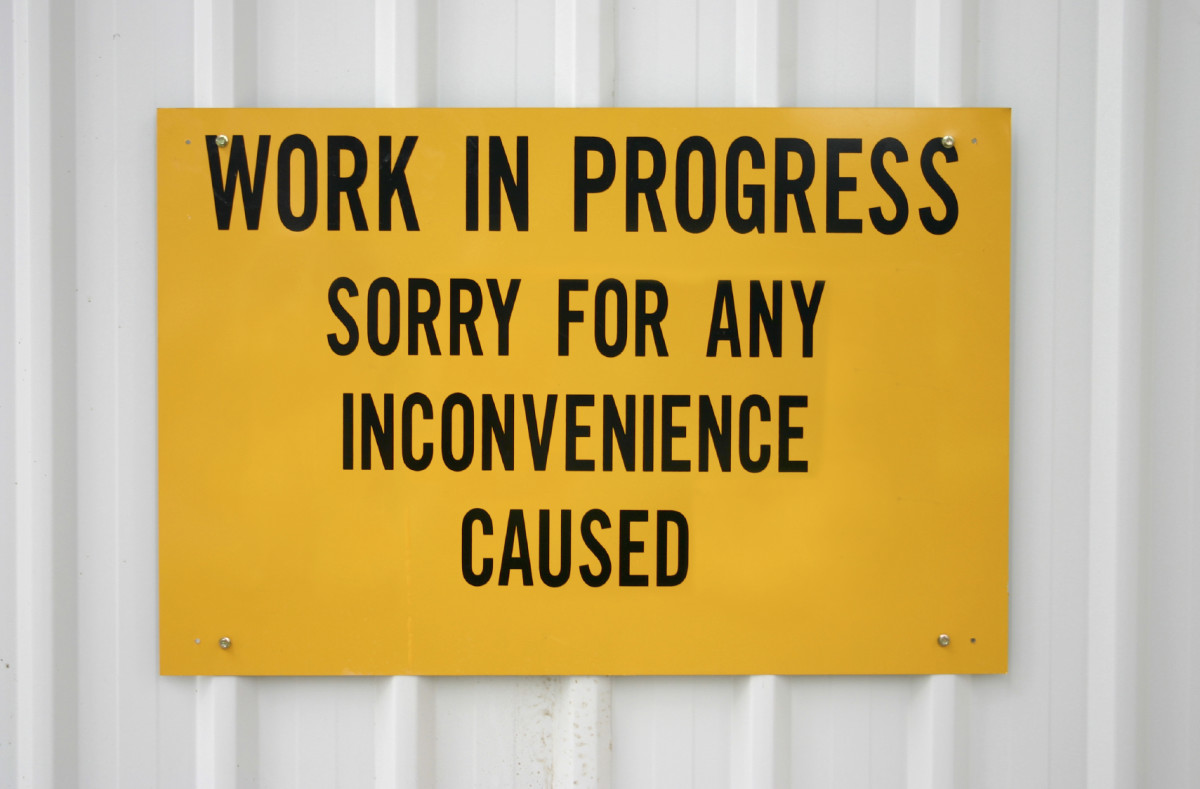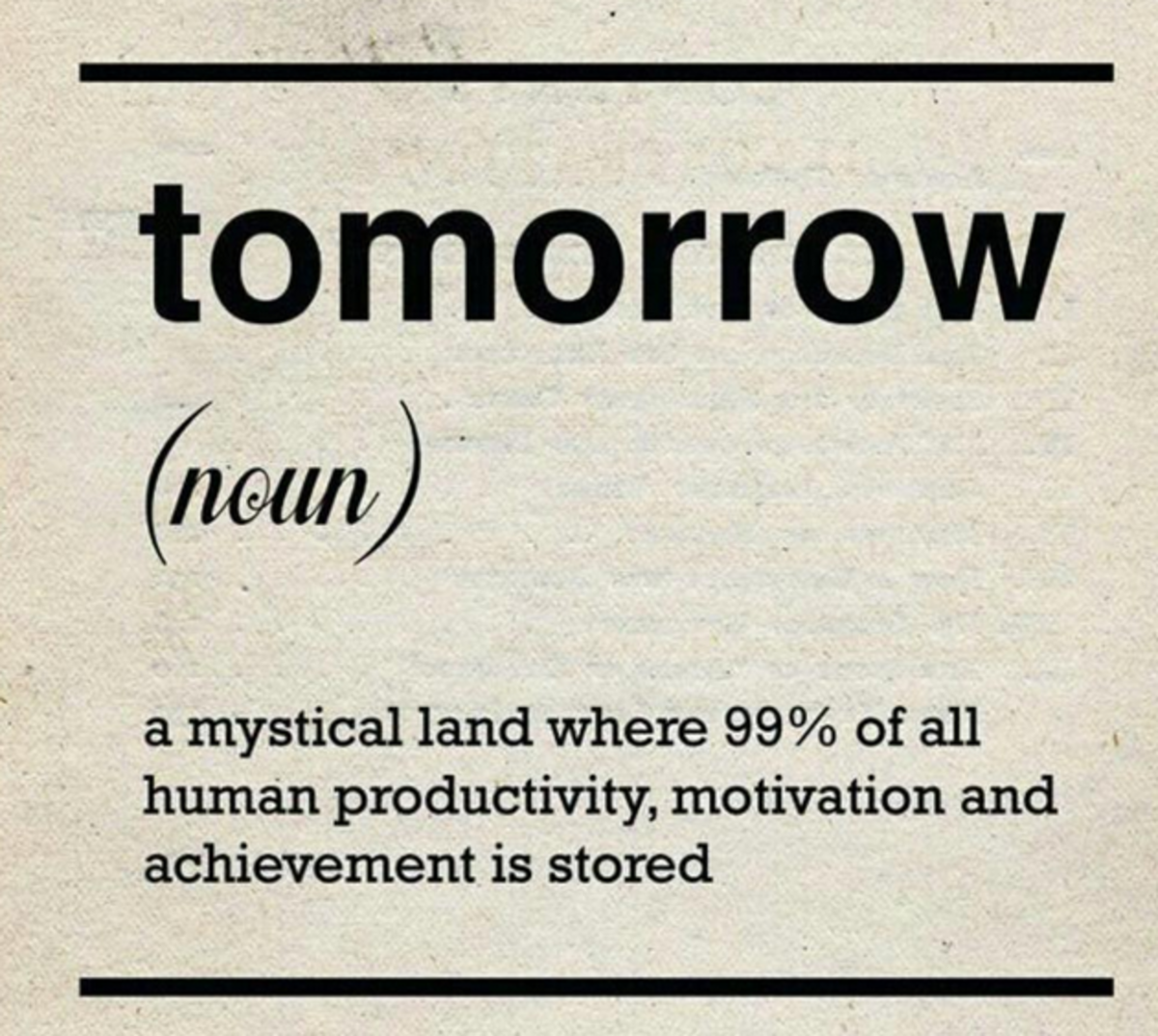Time Management: Make it a Habit
The golden rule in time management is self-discipline.
Wake up on time: It takes extra effort to get out of bed at once in a set time regardless of lack or want of sleep. Extending sleep disrupts the plan for the day. More often, activity for that particular hour is left undone or it steals the time meant for another task. It results to extended working hours plus the hurry, pressure, and anxiety. Waking up on the dot allows us to work in order, moderation, and with peace of mind. Make it a point, too, to have a restful sleep the night before.
Gather everything in place: Before sitting down to work, ready all documents, pens, and everything else on the desk or on the nearest table to minimize standing up to get or look for them. This will surely save precious minutes for the task at hand.
Communicate: Mention what you need in a few words right away in emails or phone calls. Enumerate brief, specific details. Request help to the right person when a particular task merits delegation. Ask as many questions when given assignments or projects. It is better to be clear on what is expected beforehand than jump in right away and end up doing the task again.
Build on relationships: There is a time to work and a time to play as the saying goes. Allot time to chat, email, or bond with co-workers and friends outside working hours, that is, during break time, after work, or over the weekend. If self-employed, dedicate special days with family and think only of them. Meet friends. We need others’ company, their encouragement, enthusiasm, and good influence to keep us going.
Streamline and economize: Group similar tasks, for instance, check emails and voice mails in an hour, then, blog and answer emails in the next hour, and so on. Identify if a text message or email needs an immediate reply or save it for later. When going to visit a friend and you will pass by a supermarket and a bookstore, for example, consider the time saved when after the visit, you shop for items and a book, too, if they are also part of the plan but scheduled for another day. You would have accomplished not just one but three goals at the same day.

Have goals stated in the positive: Write “I will eat more vegetables for two weeks,” instead of “I need to cut down eating meat in two weeks.” Positive statements position the planner to move toward the goal not against or away from it. [1] Make sure they are realistic. Be flexible when adjustments need to be taken. Take note of the accomplished and pending tasks each week to monitor progress.
Identify solid goals to stretch goals: A solid goal is an activity that can be done now, immediately, or within a few months. It is close to a short-term goal. A solid goal is achievable and measurable in a short period of time. It is where focus and concentration should be greatest. A stretch goal is somewhat a vision of what could be years from now. The increment steps are taken to achieve it slowly but surely. It targets long-term achievement other than instant gratification. [1]
Set your mind to finish: Believe you can do it on time. Encourage yourself to accomplish it on time. Do it. There should be a closure for each task so that we would not be bothered by the thought of leaving an important task undone. “One of the underlying principles of time management is that closure creates energy. Any time you finish something, you will increase the amount of liveliness you experience. This can manifest itself in many ways, including feeling relieved, uplifted, inspired, renewed, energized, delighted, thrilled, and proud.” [1]
Capitalize energy: Energy is greatest in the morning, greater in the afternoon, and great in the evening for most people. [2] Eat the veggie first every day. It is termed as “veggie” or a task or project beneficial to career or personal life but is often difficult to do first, doing it for later with less energy, until it ends up not completed at all.
Have time for self: Reward yourself. Celebrate accomplishments be they simple as learning how to cook a favorite dish or as challenging as climbing a mountain. Make yourself aim for a reward once you achieve a goal. It is happiness.
Productive activities benefit our being, improve our life, develop our work, harness our skills, bond our relationships, make us a day richer, two days happier, and a lifetime fulfilled. There is a goal every hour, every day, every week, every month, and every year.
What is then your definition of time? It depends. What is certain is we have it for free and we will not have it forever in this life. It is smart to know how to make good use of it now or spend it better than before. In doing so, we can achieve a life-work balance. We aim to be energy creators not time stealers.[1]
May I warn readers I am not an authority in time management. I have had a few productive days and a couple more drag days. Consistent time management is what I intend to improve on, thus, this article.
I have shared with you what I have learned through experience and some guidelines I have researched so far.
________________________________________________________________
[1] Leland, K., & Bailey, K. (2008). Time management in an instant: 60 Ways to make the most of your day. Franklin Lakes, NJ: Career Press.
[2] Zeigler, K. (2008). Getting organized at work: 24 Lessons to set goals, establish priorities, and manage your time. NY: McGraw-Hill.
© 2011 chelle








